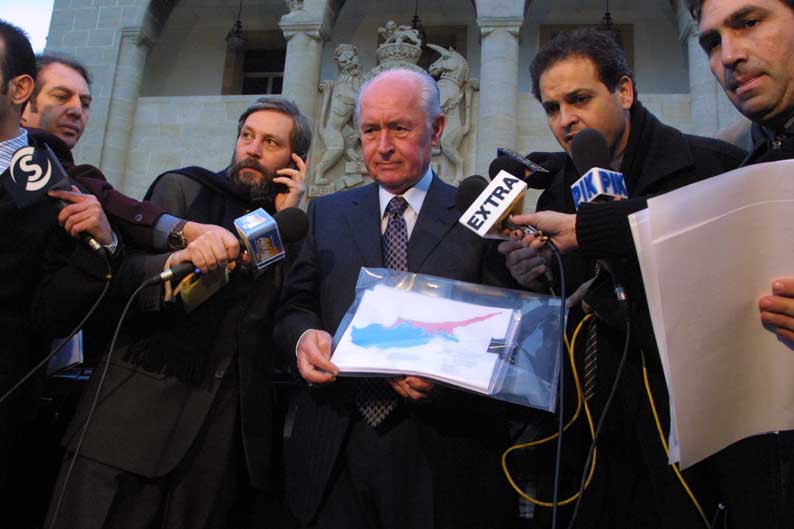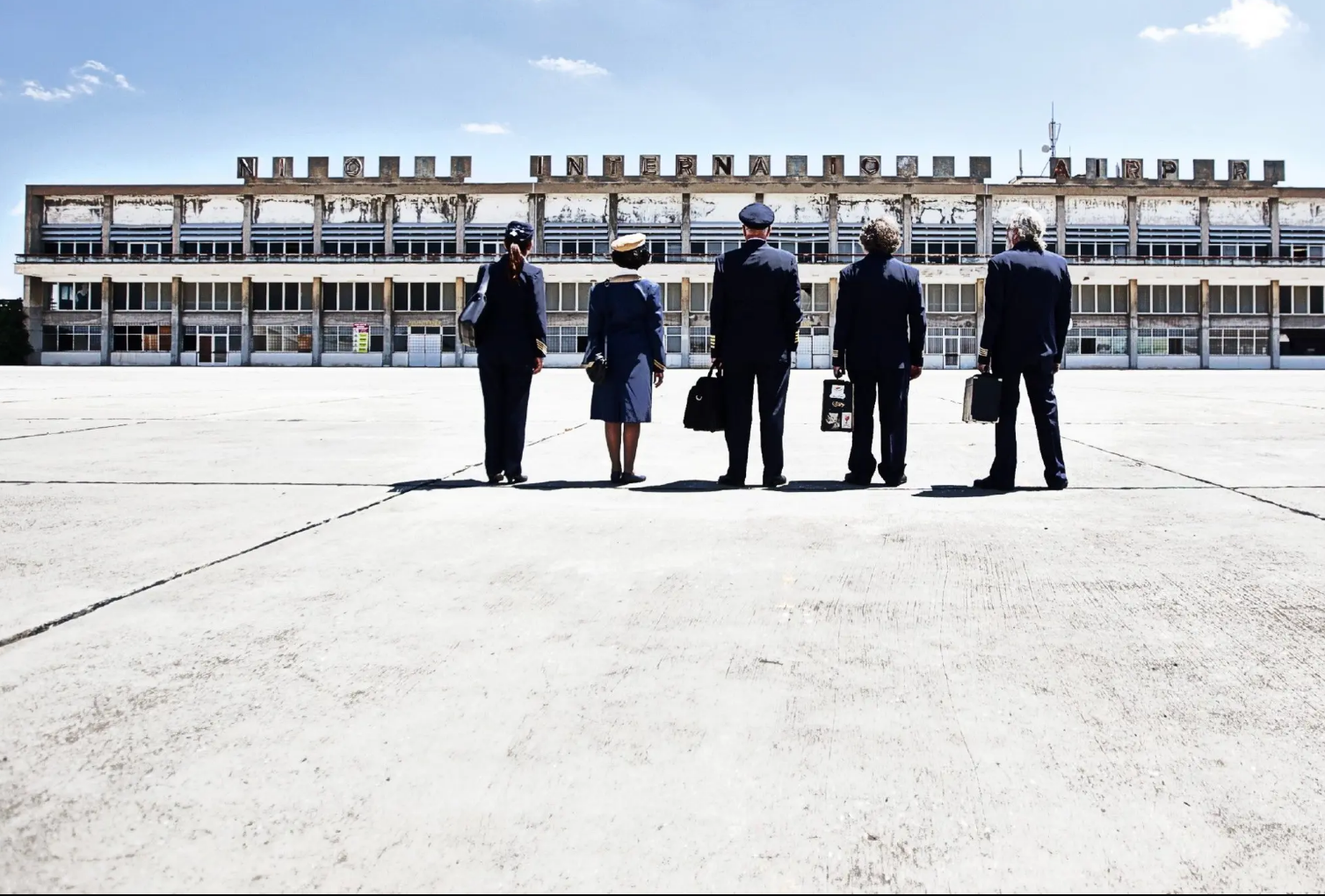‘Be fruitful and multiply’ … but only if you’re Greek Orthodox
By Flora Alexandrou
The Cyprus church has recently urged us to procreate, to set our fertility in motion. Through its new Plan of the Holy Archdiocese of Cyprus for Tackling Low Birth Rates, it asks us to confront the local demographic decline and swell the Greek Orthodox population. And not without compensation.
The Holy Archdiocese, concerned less with the island’s overall demographic reality and more with reproducing Orthodox Christianity, now offers cash to couples willing to act on the biblical command “be fruitful and multiply”.
The proposed incentives come with a clear price list. There are €1,500 at the baptism of a third or later child, plus €1,000 at primary school, €1,000 at gymnasium and €1,000 at lyceum. Families also receive €100 at Christmas and €100 at Easter until the child turns 18. About €5,000 until Orthodox adulthood, barely enough for a handful of months of actual baby costs. Better than nothing, I suppose, provided you meet every clause.
The next condition is just as telling. Only children of couples married in an Orthodox ritual qualify, and here the logic begins to unravel.
Invoking its religious and institutional authority, the church claims it must safeguard the Orthodox Greek population, allegedly threatened by a silent demographic shift caused by arrivals from non-EU countries, mostly Muslims, and by changes in the occupied areas that it believes destabilise the island’s balance.
Under the constitution, all religions are equal before the law and no public authority may discriminate on grounds of faith. Articles 18 and 28 protect freedom of belief and forbid religious discrimination. The state cannot ignore these rules, but the church apparently can, able to exclude people in ways the constitution would never allow the state to do.
Beyond whom the church chooses to include or exclude, demographically Cyprus faces the same low fertility pressures as the rest of Europe. The island’s fertility rate is around 1.4 children per woman, well below the 2.1 replacement level as defined and used by the UN and Eurostat.
Therefore, Cyprus is dealing with a structural demographic problem like the rest of Europe. And the real challenge is to understand why Europeans choose not to have children or to have fewer children.
Low fertility in the EU stems from many forces, from socio economic change and higher female education to shifting partnerships and delayed parenthood. Yet experts note that these factors explain only part of the trend. Without a clear theory of low fertility, it is difficult to predict future patterns or assess how effective pronatalist policies can be. More EU research is needed to clarify its causes and the gap between desired and actual family size.
That is why it is pointless for the church to demand an Orthodox baby boom while discriminating and ignoring the real forces behind low fertility.
Low birth rates and an ageing population do create real challenges across the EU, from shrinking workforces to slower growth, heavier tax burdens and mounting pressure on pension and healthcare systems. Europe and Cyprus do need more children, but they need children, not specifically more Greek Orthodox ones.
Somewhere on the island there is a woman who has just brought home her third newborn. She and her partner were in a civil partnership, but after his sudden loss she is now raising all three children alone. And still, in the church’s plan she does not count. Her newborn, her older children and her daily struggle do not fit the category the scheme recognises, because the plan is not designed as social support but as a tool to reward only those who fit the church’s full Orthodox criteria.
Once again, the Holy Institution preaches compassion and practises exclusion.







Click here to change your cookie preferences